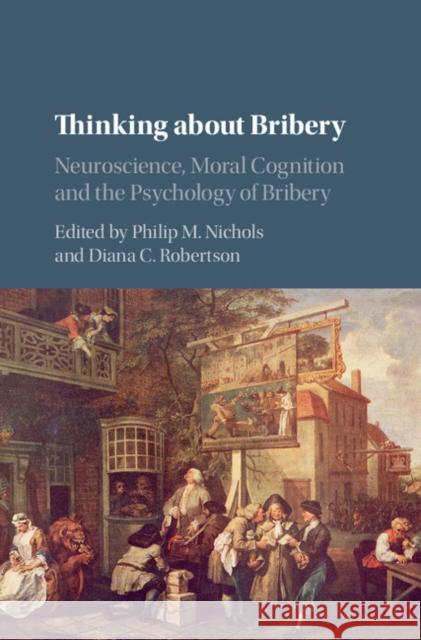Thinking about Bribery: Neuroscience, Moral Cognition and the Psychology of Bribery » książka
topmenu
Thinking about Bribery: Neuroscience, Moral Cognition and the Psychology of Bribery
ISBN-13: 9781107132214 / Angielski / Twarda / 2017 / 284 str.
Thinking about Bribery: Neuroscience, Moral Cognition and the Psychology of Bribery
ISBN-13: 9781107132214 / Angielski / Twarda / 2017 / 284 str.
cena 199,20
(netto: 189,71 VAT: 5%)
Najniższa cena z 30 dni: 173,28
(netto: 189,71 VAT: 5%)
Najniższa cena z 30 dni: 173,28
Termin realizacji zamówienia:
ok. 22 dni roboczych
Bez gwarancji dostawy przed świętami
ok. 22 dni roboczych
Bez gwarancji dostawy przed świętami
Darmowa dostawa!
This book explores the offer and acceptance of bribes, as well as the control of bribery, through sciences of the mind.











